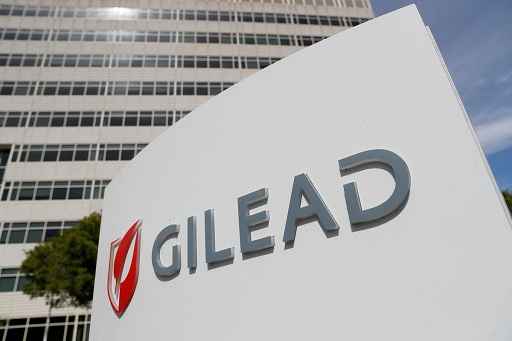
Mumbai: The Indian Patent Office is set to hear objections against patent claims filed by US-based pharmaceutical giant Gilead Sciences on HIV prevention drug “Lenacapavir”. Sankalp Rehabilitation Trust, a civil society organisation working with vulnerable populations, argues that the patent applications could impact access to affordable treatment in India and would hinder access to affordable generic versions of the drug.
On Thursday (September 19), the Indian Patent Office will hear objections filed by Sankalp against Gilead’s applications, the organisation claimed. Sankalp contends that Gilead’s claims on Lenacapavir are not innovative and violate India’s patent laws, which prevent the practice of “evergreening” — extending monopolies on drugs through minor, unoriginal modifications.
At the heart of the dispute is Lenacapavir, an injectable HIV drug taken twice yearly, which has demonstrated superior efficacy in preventing HIV compared to existing oral treatments. According to UN agency UNAIDS, Lenacapavir has the potential to play a critical role in ending AIDS, provided it is made widely accessible. Gilead is seeking patents in India for the choline and sodium salt forms of Lenacapavir. If approved, these patents would extend Gilead’s monopoly over the drug in India until 2038. Sankalp and other public health advocates argue that granting such patents would block the production of more affordable generic versions of the drug, limiting access to the drug for millions of people who need it.
“Granting these patents could hinder access to affordable Lenacapavir, making it impossible for India to produce the generic version that could save lives globally,” said Eldred Tellis, director of Sankalp. “Access to affordable medicines is a life or death issue, and India’s patent offices have the power to decide this,” Tellis said. Gilead’s price for Lenacapavir in high-income countries is $42,250 annually, but researchers estimate that Indian generic manufacturers could produce the drug for as little as $100 per person per year, with further reductions possible as demand increases. Indian generic drug-makers, known for producing affordable treatments for HIV, already have the capacity to mass-produce Lenacapavir, but the patent dispute could slow down the process.
The opposition to Gilead’s patent applications in India is part of a larger global movement. Public health groups in countries, including Argentina, Thailand, and Vietnam, have filed a total of nine patent challenges against Lenacapavir, as part of the “Make Medicines Affordable” campaign.







